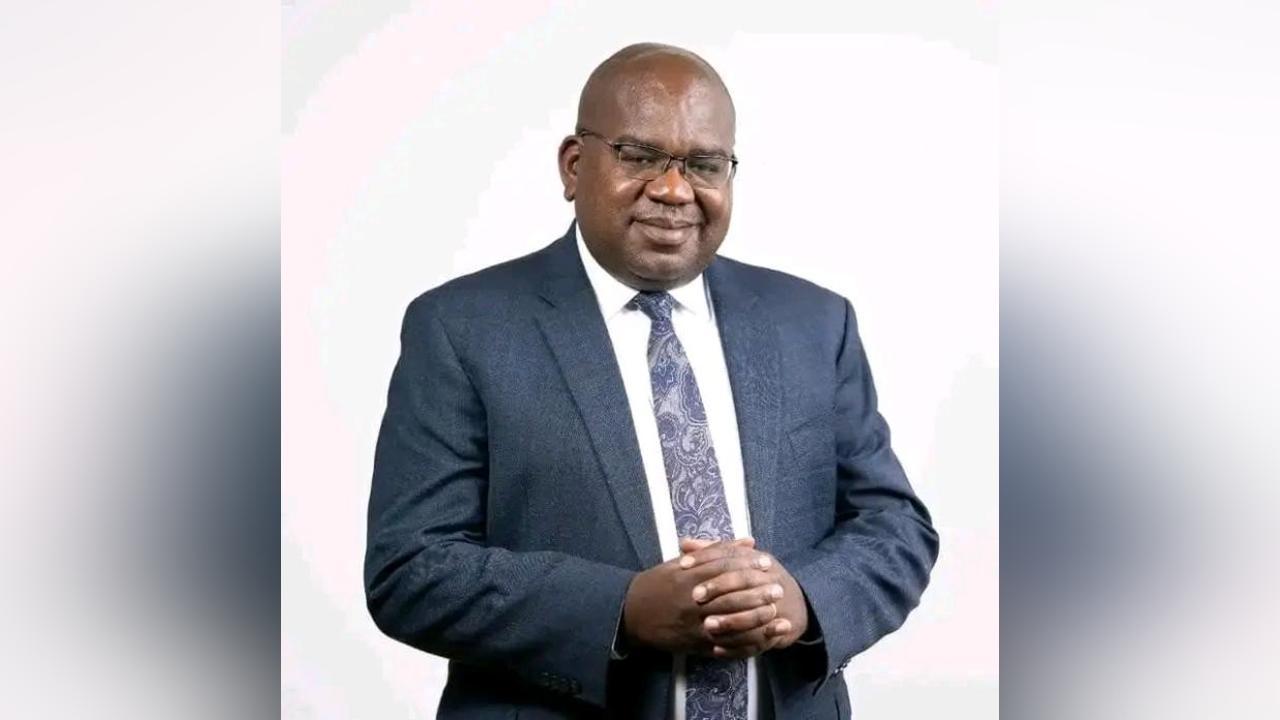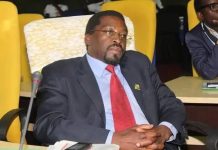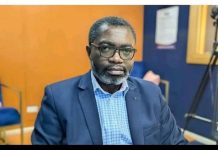Africa-Press – Zambia. Dr Chitalu Chilufya sits in a strange corner of the PF leadership race. His name commands respect in professional circles, but inside the PF’s raw political theatre, he often feels like an outsider. He is brilliant, measured, and highly disciplined.
He is also a man whose biggest scandal and biggest strengths are tied to the same job: Minister of Health. His rise was meteoric. His fall was engineered. And his comeback is cautious.
Born on July 15, 1972 and trained as a medical doctor at UNZA, Chilufya came into Parliament through a 2013 by-election in Mansa Central. He carried himself like a reformer and performed like one. Under his leadership, the Ministry of Health expanded hospitals, rolled out mini-hospitals and pushed health insurance, NHIMA. However, it is impossible to speak about Chilufya without mentioning Honeybee. In 2020, it was alleged that the ministry procured expired drugs and defective condoms.
Critics still see him through that lens. But those who know PF internal politics insist Honeybee was not an accident. A cartel within PF reportedly engineered a purge to weaken him politically. Shortly after, President Edgar Lungu dropped him. That single act reshaped his public image and froze his political momentum.
Chitalu Chilufya is not a loud politician. He is not a rally-machine. He does not speak the explosive, chest-thumping PF language. He is the opposite of the cadres’ taste. PF’s grassroots culture rewards noise, loyalty displays and survival instincts.
Chilufya is an introvert with a technocratic posture. Delegates respect him but do not feel electrified by him. They see a national leader, yes, but not one who can conquer headlines or mobilise Copperbelt and Lusaka branch commanders. In Luapula, his home turf, he is respected more as a professional than as a political general.
Yet he has the rare ability to break ranks objectively. When PF aspirants were busy blaming UPND for the current energy crisis, Chilufya said something that shook his own party:
“There is no way we can run away from the fact that we did not do enough.”
That admission was political suicide in PF’s factional environment but a moment of truth in a country wrestling with 21-hour blackouts. It showed he is a governance candidate, not a populist. It also revealed why cadres often feel he is “too elite” for the base.
His political problem is structural. PF’s strength has always come from a deep network of mobilisers, businessmen, youth commanders and loyalists who survive on proximity to power. Chilufya is not a creation of this system. He is a technocrat who moved into politics.
PF cadres do not automatically rally behind technocrats. They rally behind fighters. They rally behind money. They rally behind loudness. Chilufya offers none of those instincts.
If PF held a clean, ideological convention, he would stand out as a strong governance candidate. But PF conventions are not clean. They are transactional, noisy, and shaped by provincial bargaining. Delegates vote based on who fed their structures, who funded their mobilisation, who fought for them when police descended, who protected them under PF rule and who can rebuild patronage networks. On that battlefield, Chilufya looks under-armed.
His best path to the presidency has never been through a PF convention. If Zambia’s politics followed a parliamentary system, Chilufya fits the profile of a prime minister. If Zambia faced a sudden transition where a Vice President takes over after a resignation or death, he is the type the establishment could elevate quietly.
He can govern. He may not be able to win a convention, but he can run a government.
But the irony remains powerful. PF desperately needs the type of leader Chilufya represents: disciplined, professional, predictable, technocratic. But the very culture PF created over the years makes it nearly impossible for such a leader to rise from within. PF built a machine that rewards combat, not competence. Now the party is trapped by its own chemistry
Chilufya is a candidate who makes sense on paper. He makes sense in Cabinet. He makes sense in a national unity government. But he does not yet make sense to PF’s delegates, whose motivations are shaped by loyalty wars, factional gifting, regional pride and raw survival. He could be a good president. He may never be a good PF convention candidate.
If PF were choosing a leader based on governance quality, Dr Chitalu Chilufya would be a serious contender. Instead, he is a reminder that in Zambian party politics, competence is not always currency.
Next in The Candidates: Populists, pragmatists, and the dark horses redefining Zambia’s 2026 battle.
For More News And Analysis About Zambia Follow Africa-Press







